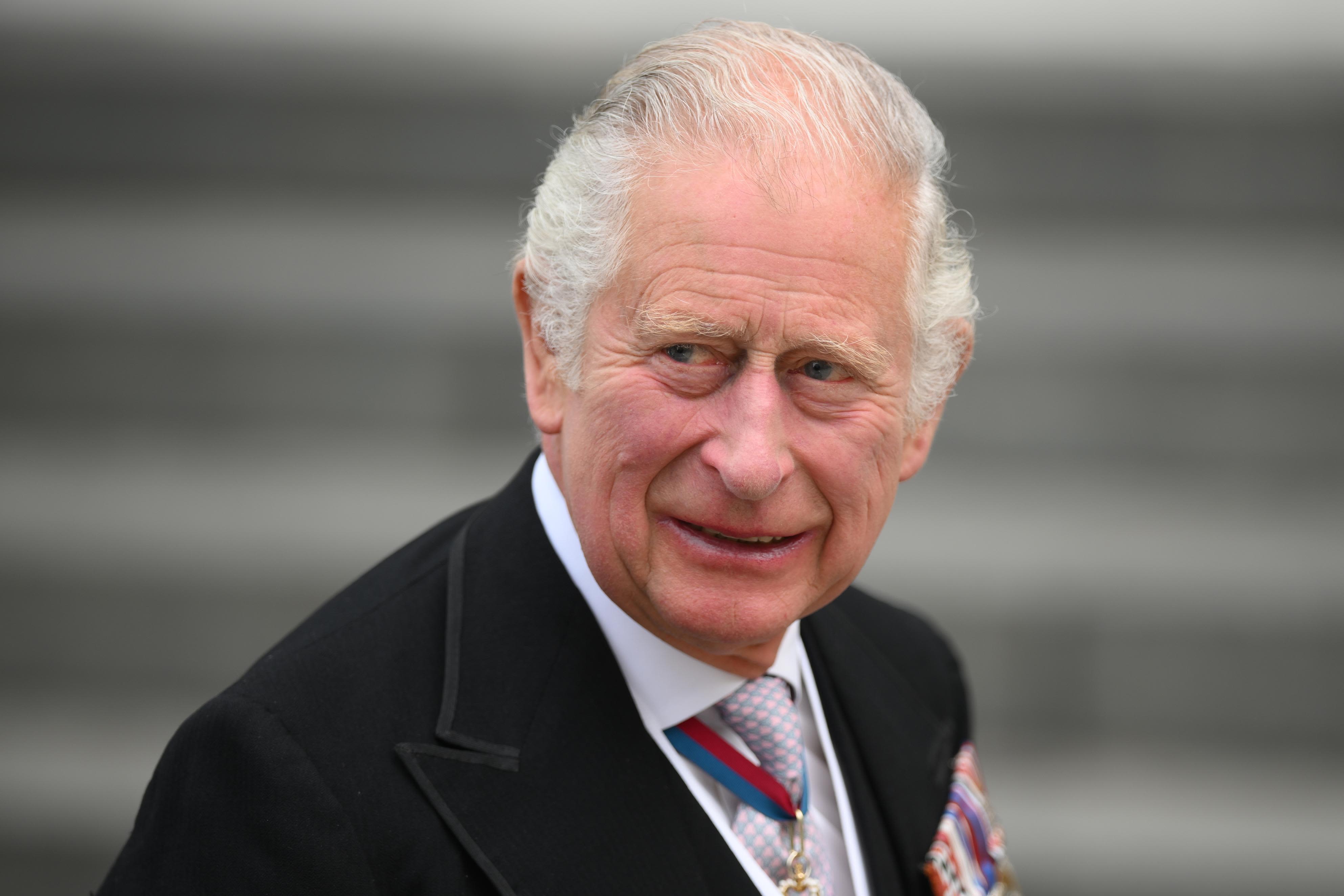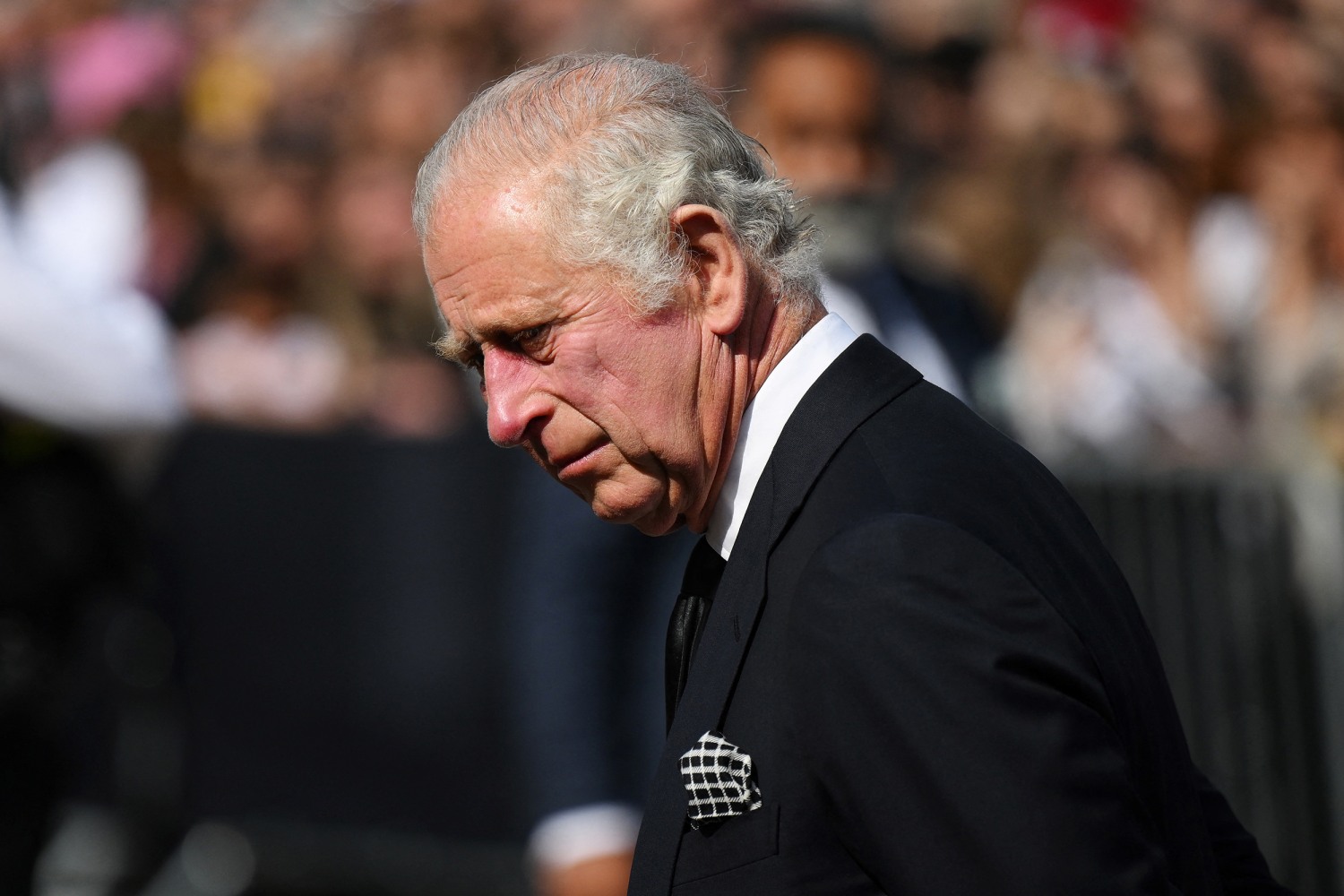King Charles III has dedicated his life to preparing for the throne, and since the passing of Queen Elizabeth II in 2022, he has embraced his role with dedication and grace. However, with his ongoing health concerns and the future of the monarchy in mind, it may be time for the king to reconsider extensive travel and focus on stabilizing the royal institution from within the UK.
King Charles’ Role and Health Considerations
At 76 years old, King Charles continues to fulfill his duties despite facing significant health challenges. His recent diagnosis and ongoing medical treatment have undoubtedly added pressure to his responsibilities. While he has remained active, taking on engagements and state visits, long-distance travel could pose unnecessary stress on his well-being.
Last year, Charles temporarily paused his treatment to attend state visits in Australia and Samoa. Reports indicate that his medical team approved this decision, but it raises the question: should he continue such demanding trips? With another scheduled visit to Italy in April 2025, the monarch may need to prioritize his health over international commitments.

Strengthening the Monarchy from Within
The UK’s royal family has long been a symbol of tradition and stability. In recent years, Prince William has taken on more responsibilities, stepping in for his father at key events, including the reopening of the Notre Dame Cathedral in Paris. As the heir to the throne, Prince William’s increasing involvement showcases his preparedness to lead.
Rather than focusing on overseas visits, King Charles could delegate more responsibilities to Prince William. This transition would reassure the public and demonstrate a proactive approach to the future of the monarchy.
Public Perception and the Need for Stability
Public support is essential for the British monarchy’s longevity. According to recent YouGov polls, Prince William is among the most popular members of the royal family, ranking just behind his wife, Kate Middleton, and the late Queen Elizabeth II. His increasing presence in state affairs could further solidify confidence in the future of the monarchy.
King Charles has worked to modernize the institution, engaging with the public in ways that make him relatable. However, balancing modernization with tradition is key. If Charles focuses on domestic matters while entrusting international duties to Prince William, it would ensure a stable and seamless transition when the time eventually comes.

The Challenges of Long-Distance Travel
Traveling for royal engagements requires extensive planning, prolonged flights, and numerous official duties. For a 76-year-old monarch undergoing medical treatment, such commitments can be physically and mentally exhausting. While shorter trips within the UK allow for necessary rest and medical supervision, international travel presents a greater challenge.
State visits often involve tight schedules filled with ceremonies, meetings, and public appearances. The physical toll of these activities should not be underestimated, especially for a leader managing a health condition. Prioritizing local engagements would allow King Charles to continue his duties while safeguarding his well-being.

Handing Over More Responsibility to Prince William
Prince William has been preparing for his role as king his entire life. His increasing involvement in royal affairs demonstrates his capability and readiness to lead when the time comes. Assigning him a more prominent role in international affairs would allow him to gain valuable experience while easing the burden on his father.
By delegating more state visits and high-profile engagements to William, King Charles would not only ensure a smooth transition for the monarchy but also reinforce public confidence in the royal family’s long-term stability.

A Strategic Decision for the Future
The monarchy has endured for centuries through careful planning and adaptation. King Charles has an opportunity to set a precedent for future generations by prioritizing his health and preparing his son for leadership. His dedication to duty is evident, but sustainable leadership requires recognizing when to step back and allow the next generation to step forward.
By focusing on strengthening the monarchy from within, King Charles can continue to lead effectively while ensuring that the institution remains resilient and well-prepared for the future. Passing certain responsibilities to Prince William would not only benefit the monarchy but also support the king’s health and longevity.
Final Thoughts
King Charles has already proven his commitment to the monarchy, but the realities of leadership require adaptation. Prioritizing health and strategic delegation are crucial in ensuring that the royal institution remains strong. Prince William’s increasing responsibilities signal a new chapter for the monarchy—one that promises stability and continuity.
What are your thoughts on this transition? Share your perspective and continue the discussion on the future of the British monarchy.
